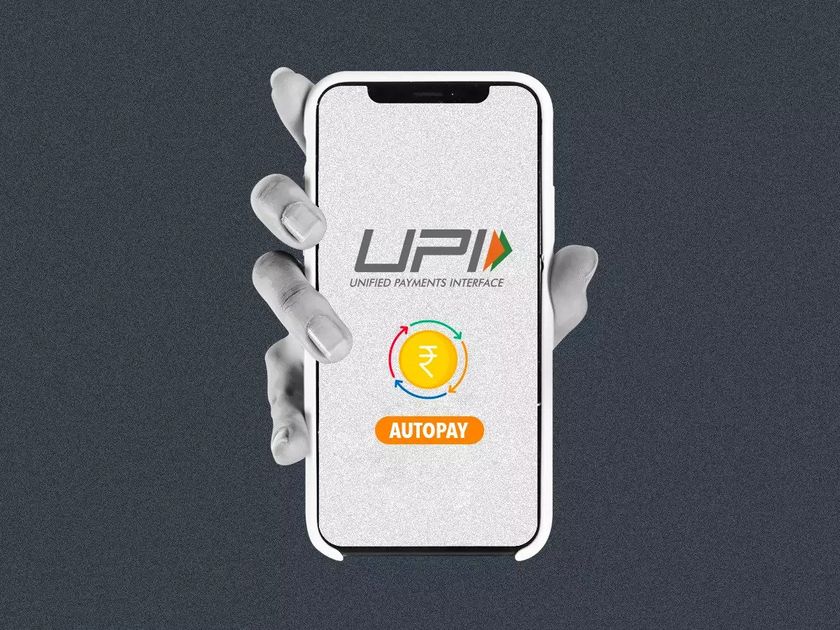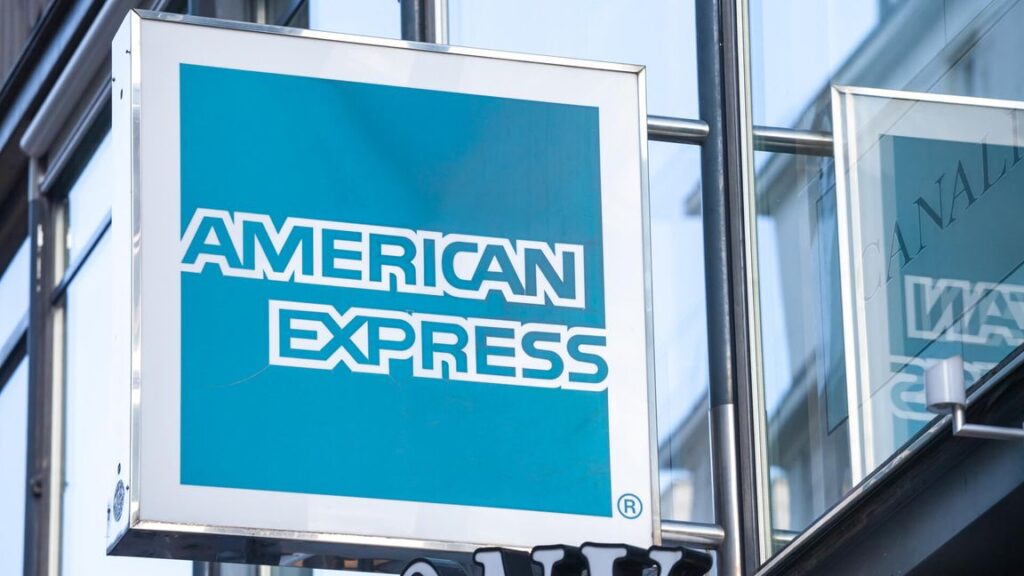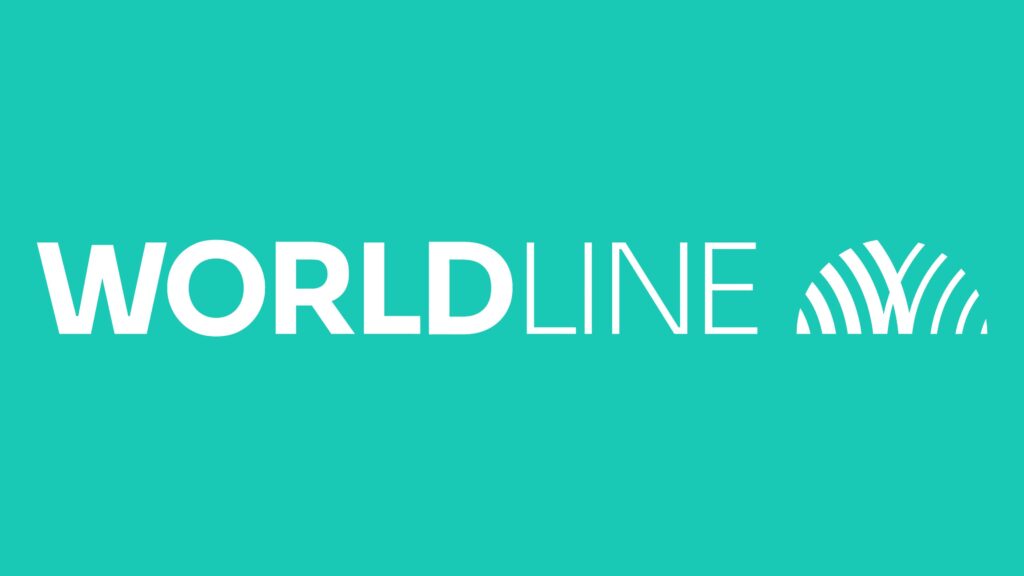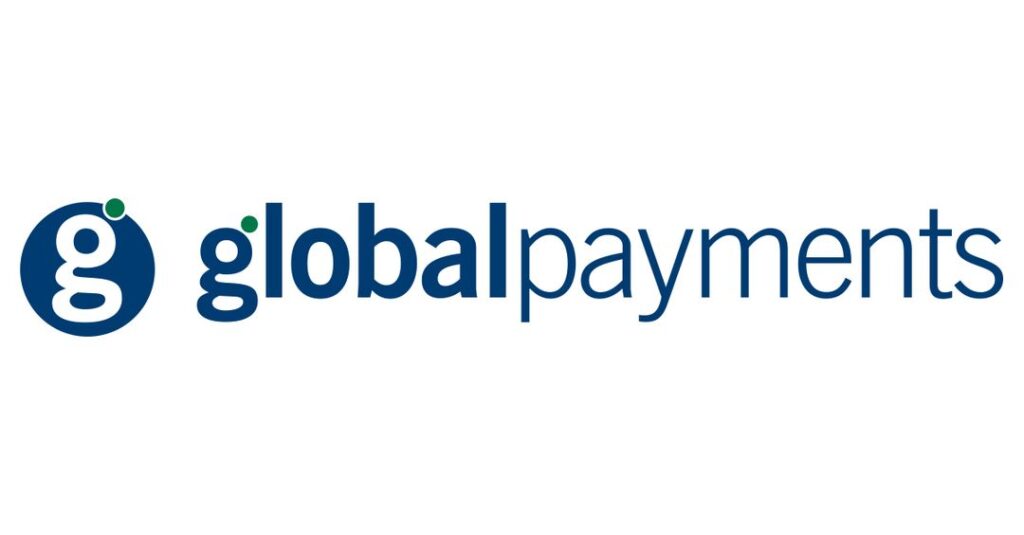UPI Payments To Be Charged? Finance Ministry Responds.
We are living in a digital world where money transfer from UPI is considered more efficient and user-friendly than using cash and it is indeed. Unified Payment Method (UPI) is a mobile payment system introduced by the National Payments Corporation of India. There are also other features like accessing balances and transaction history together with receiving or sending money. However, there were speculations on whether the government should charge for UPI payments or not.
The Central Government has its position on reports making claims that it may impose additional charges on UPI (unified payment interface) payments. In a set series of tweets on August 21, Sunday, The Ministry of Finance stated that UPI is a digital public good and there is no need to consider imposing any charges on UPI payments services. It is also stated in the tweet that the cost of recovery will be met through other resources or mediums. Also, the central government has offered financial support for the digital payment ecosystem in the country. The ministry has also announced assistance to promote further acceptance of UPI payments this year as well.

Here, are the tweets made by the Ministry of Finance
“UPI is a digital public good with immense convenience for the public & productivity gains for the economy. There is no consideration in Govt to levy any charges for UPI services. The concerns of the service providers for cost recovery have to be met through other means,” the Ministry of Finance stated in a tweet on August 21, Sunday.
“The Govt had provided financial support for #DigitalPayment ecosystem last year and has announced the same this year as well to encourage further adoption of #DigitalPayments and promotion of payment platforms that are economical and user-friendly,” the Finance Ministry stated in another tweet.
Source: www.thenewsminute.com
The clarification was made by the government amidst the claims regarding UPI transactions that it may impose an additional charge on these transactions with the purpose of maintaining and advancing the payments infrastructure in the country. The Reserve Bank of India (RBI) had also requested some feedback corresponding to this matter, in accordance with a discussion paper disclosed on August 17. However, the discussion paper not only stated about UPI transactions but also covered other digital payment methods such as IMPS i.e. Immediate Payment Service, the National Electronic Funds Transfer System (NEFT) and RTGS i.e. Real Time Gross Settlement system.
The discussion paper requested the government to take a re-look at its zero-merchant discount rate (MDR) policy which stays omitted on UPI transactions and RuPay. By means of the imposed charges on digital payments in the form of a Merchant discount rate policy, many service providers debate whether they can advance and enhance the payment systems.
The Payments Council of India which is the industry body in the country for the payments ecosystem had also sought the government previously this year to again introduce the zero-MDR scheme for RuPay debit cards and UPI transactions before the presentation of Union Budget 2022. At the moment, Mastercard and Visa debit cards make up to 0.4 to 0.9 MDR which is shared by the acquirer and the issuer bank.
In accordance with the UPI, the discussion paper sought by the reserve bank of India demanded feedback on whether it should be handled differently from the Mastercard and Visa debit cards. The government stated in a tweet that it promotes digital payments that are user-friendly and economical.
With this clarification, denying the speculation or claims by service providers, by the central government, it is clear that there will be no charges on the UPI transaction which is a benefit for users.

I am a student pursuing my bachelor’s in information technology. I have a interest in writing so, I am working a freelance content writer because I enjoy writing. I also write poetries. I believe in the quote by anne frank “paper has more patience than person







